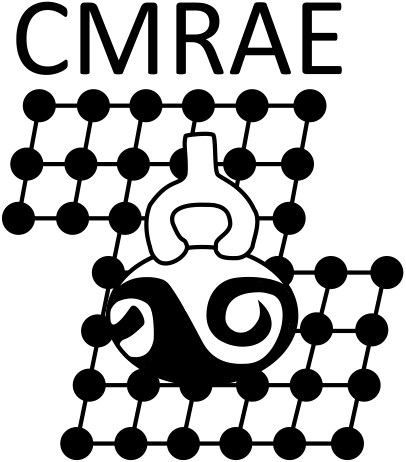CMRAE is a unique enterprise made possible by inter-institutional sharing and the drawing together of vast expertise dispersed throughout Boston’s extensive scientific community.
Established in 1977, CMRAE is a consortium of eight Boston area educational and cultural institutions: Boston University, Brandeis University, Harvard University, University of Massachusetts at Boston and Amherst, Massachusetts Institute of Technology, Museum of Fine Arts, Boston, Tufts University, Wellesley College.
A group of faculty members from these institutions designed the Center so as to promote the sharing of knowledge, graduate level education, and research facilities, thereby stimulating the incorporation of science, and especially materials engineering, in the pursuits of archaeology, anthropology, and art history.
Under the administrative guidance of MIT, CMRAE member institutions contribute faculty, staff, and laboratory facilities for research and education in the materials technologies associated with cultural and culture-related artifacts and in the investigation of materials that permit reconstruction of palaeoenvironments and ecologies. A Program Committee of faculty representatives from the eight institutions develops themes for new graduate courses and invites colleagues to design and co-teach those subjects in CMRAE laboratories.
CMRAE’s open architecture environment facilitates and encourages cooperation and collegiality among its institutional members and is especially sensitive to the educational needs of graduate students. Heather Lechtman (MIT) has served as the Center’s Director since CMRAE’s establishment.


